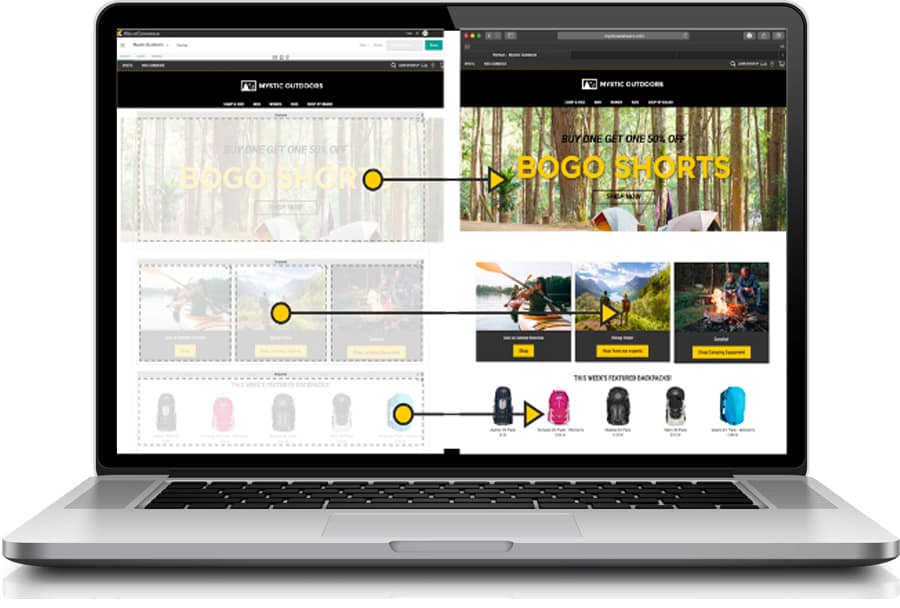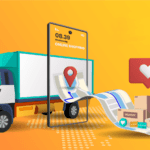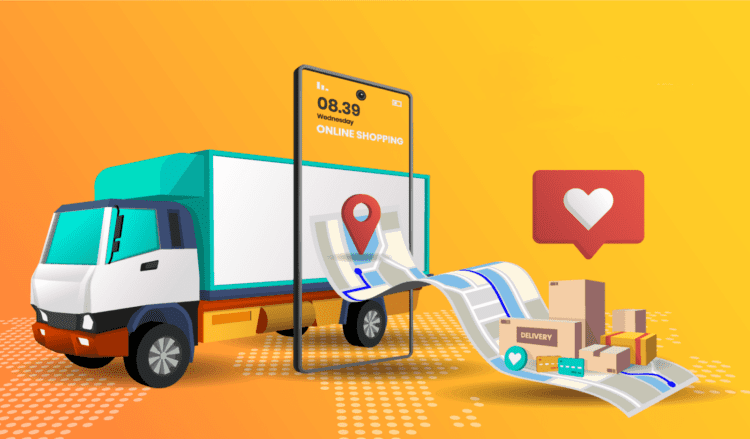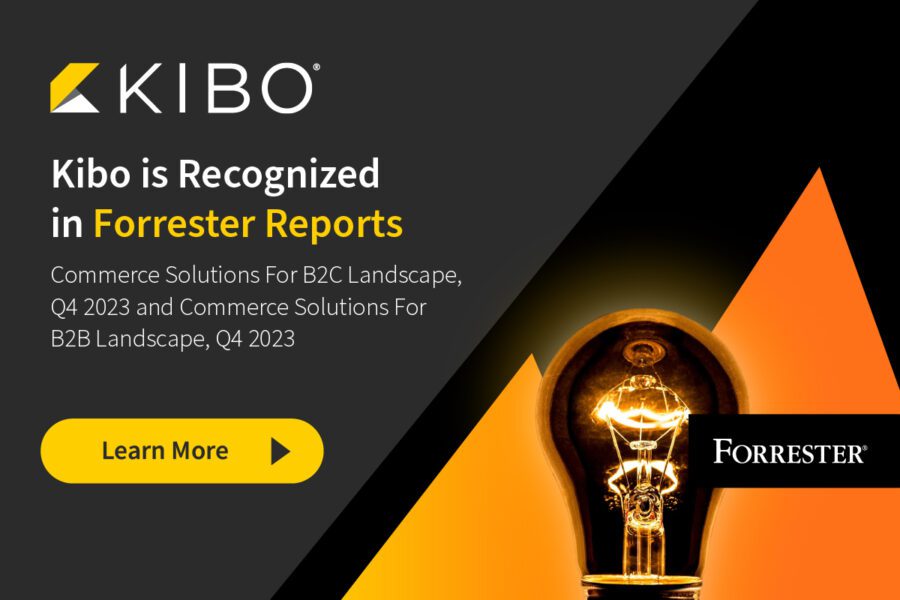Businesses are embracing SaaS solutions for a variety of tasks, from managing customer relationships to hosting virtual conferences. In fact, revenue from SaaS services should reach $233 billion by 2022. Meanwhile, emerging technologies like AI, mobile-first, and headless delivery promise to take SaaS to exciting new places. In the commerce space, a SaaS ecommerce platform delivers connected shopping experiences across all channels and touchpoints.
An SaaS solution built specifically for ecommerce focuses on providing exactly what retailers need.
But what, exactly, does that mean?
What Is SaaS Ecommerce?
SaaS ecommerce refers to cloud-based ecommerce software that is accessed from a web browser, sold on a subscription basis. SaaS ecommerce software provides the flexibility, scalability, and cost-effectiveness of a hosted system that is fully maintained off premise by a vendor. We’ll get into specific benefits in a minute, but the key thing to understand about SaaS ecommerce is that it simplifies ecommerce for retailers and shoppers.
SaaS Versus On-Premise Ecommerce Solutions
Choosing between a SaaS ecommerce platform versus an on-premise (e.g., in-house) solution is a complex, but important decision. The first step is understanding the difference between the two.
- On-premise ecommerce solution: An on-premise solution is hosted on dedicated hardware either at the retailer’s physical location (e.g., their headquarters, stores, etc.) or with a third-party vendor. With traditional on-premise ecommerce solutions, the IT department is responsible for maintaining the system, installing updates/upgrades, and addressing technical issues. Retailers with on-premise solutions are responsible for upgrading hardware, maintaining integrations, and managing customizations. In short, maintaining the integrity of an on-premise ecommerce system—including all hardware and software functions—is the responsibility of the retailer.
- SaaS ecommerce solution: A SaaS ecommerce solution is a cloud-based solution that users access via a web browser. SaaS ecommerce leverages a software licensing and delivery infrastructure hosted in a central location by a third-party vendor. The vendor maintains all hardware and software including server infrastructure, security, and more. In this model, retailers have instant access to a modern, commercially available ecommerce platform.
Obviously, we’re in favor of the SaaS solution. Above all, it’s a modern approach to ecommerce deployment that enables retailers to focus on the business of, well, retailing.
7 Key Benefits of Software-as-a-Service Ecommerce

1. Low Total Cost of Ownership
SaaS offloads the cost of hardware and software to the ecommerce platform vendor and can further mitigate associated costs by including dedicated hosting, CDN, search, and PCI into the mix.
2. Seamless Upgrades
Secondly, hosted solutions include automatic upgrades and updates. Consequently, this removes this burden from your internal IT department and eliminates the need for system integrators to manage updates.
3. Cutting-Edge Innovation
Consumer shopping behaviors, expectations, and needs change almost as quickly as ecommerce technology. We saw this firsthand when the pandemic changed not only what consumers purchased, but how they purchased it. SaaS ecommerce enables retailers to address changing consumer needs quickly through cutting-edge features like personalized search, dynamic testing, and personalized product recommendations. Moreover, SaaS platforms like Kibo can handle B2C and B2B ecommerce, manage multiple ecommerce websites, and scale easily as business needs change.
4. Quickest Time to Value
A multitenant SaaS approach to ecommerce deployment means that retailers can get up and running quickly, have access to the most recent cutting-edge features, and ensures faster deployment than single tenant and homegrown systems.
5. Ongoing Support
One of the biggest benefits to working with a SaaS ecommerce provider is the advanced level of support offered which includes hosting, automatic upgrades, and experts on hand to answer questions and address issues (again, freeing up your IT team to focus on other issues).
6. Modern UI

SaaS ecommerce gives retailers full control of their website without being dependent on web programmers and developers. A drag-and-drop WYSIWYG content editor enables users to easily build, review, and publish content to the website.
7. Scalability
Fully-hosted multi-tenant SaaS ecommerce facilitates robust and elastic scaling and rapid implementation regardless of the business size. Kibo’s SaaS ecommerce platform is part of our unified commerce offering which means that all solutions built into the platform share the same set of microservices. Users leverage and consume only the services they need and all features scale independently (and that means you can remain agile without worrying about upgrading or changing platform capabilities).
The Future of Ecommerce

Global retail ecommerce sales grew by nearly 28% in 2020, reaching a staggering $4.2 trillion. As consumers return to stores and maintain new virtual shopping behaviors, ecommerce agility will become even more important. The ability to scale, pivot, and remain competitive requires an ecommerce infrastructure that adapts quickly to rising shopper expectations.

Selecting the Best Ecommerce Platform for Your Business
An in-depth look at 11 core capabilities you should be considering when deciding upon an ecommerce solution.




